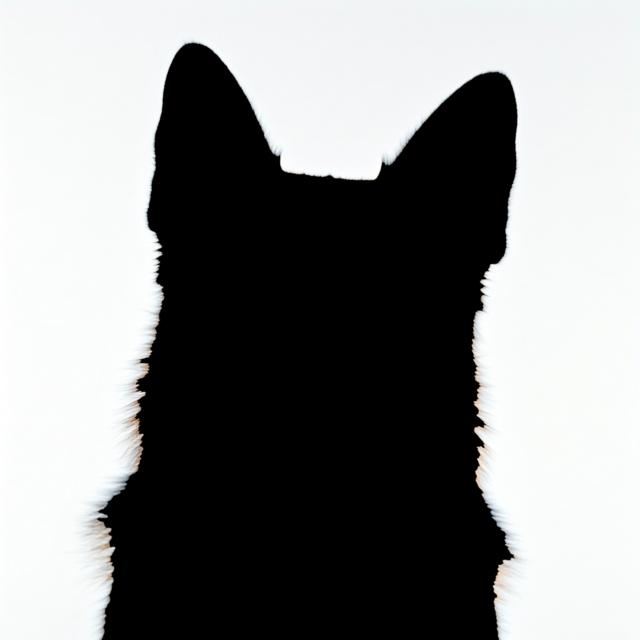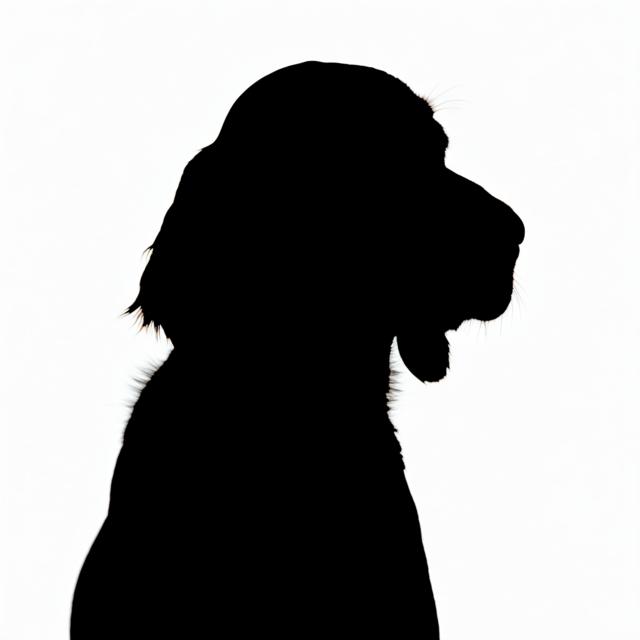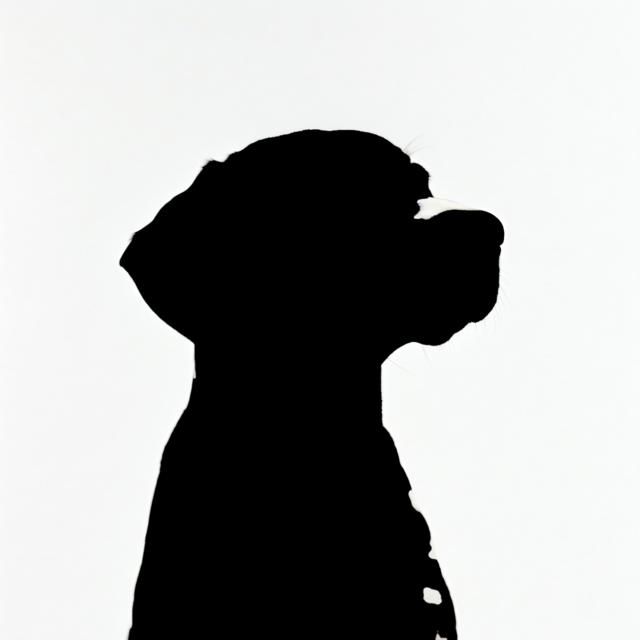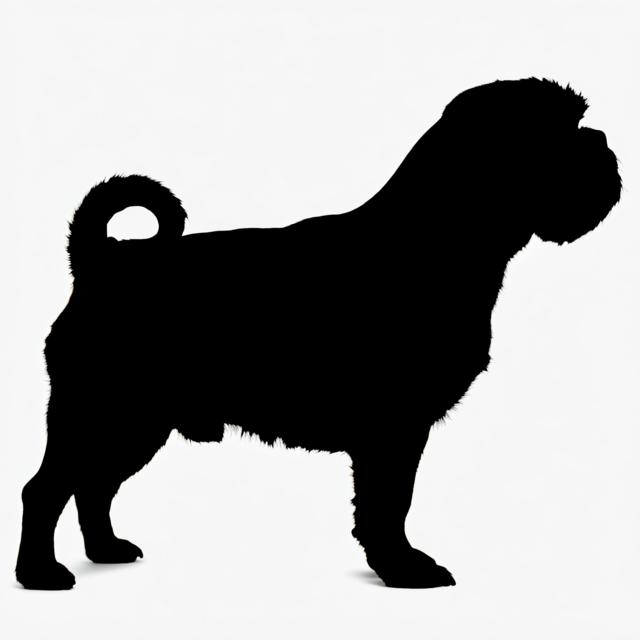Landseer (European Continental Type) Landseer ECT, European Continental Landseer
ankc
fci
nzkc
Summary The Landseer (European Continental Type) is a large, gentle breed known for its black and white coat and devotion to family. They are intelligent dogs with moderate exercise needs, suitable as both companions and working dogs, particularly in water rescue. Origin and Purpose Developed in Europe Companion animal Water rescue dog Appearance Dimensions Gender Height Weight Female 67-72 cm 45-60 kg Male 72-80 cm 50-70 kg
Coat Attribute Notes Color White with black patches Black head preferred White blaze acceptable Patches on rump or body Type Length
Care Attribute Notes Shedding Grooming Drooling
Body Attribute Notes Head Skull Ears Medium sized Triangular Rounded tips Set high Eyes Medium sized Almond shaped Dark brown Nose Muzzle Teeth Neck Forequarters Fore Legs Hindquarters Hind Legs Feet Tail Long Thick Carried down with slight curve Gait
Temperament Gentle Calm Intelligent Devoted Social Attribute Notes Affectionate with Family Good with Children Good with Dogs Good with Cats Openness to Strangers Playfulness Level Protective Nature Adaptability Level
Working Roles Water rescue Companion Draft work Exercise Needs Health Hip dysplasia Elbow dysplasia Heart issues Bloat Additional Notes Requires early socialization and training Originally from Newfoundland References 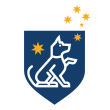 ankc
ankc fci
fci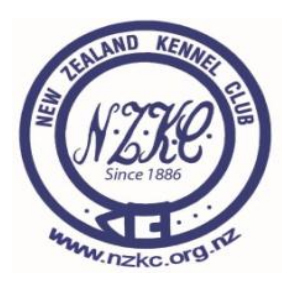 nzkc
nzkc